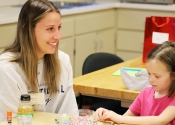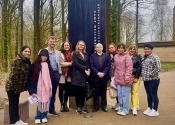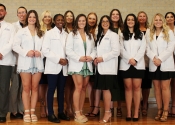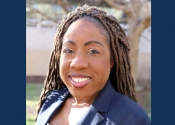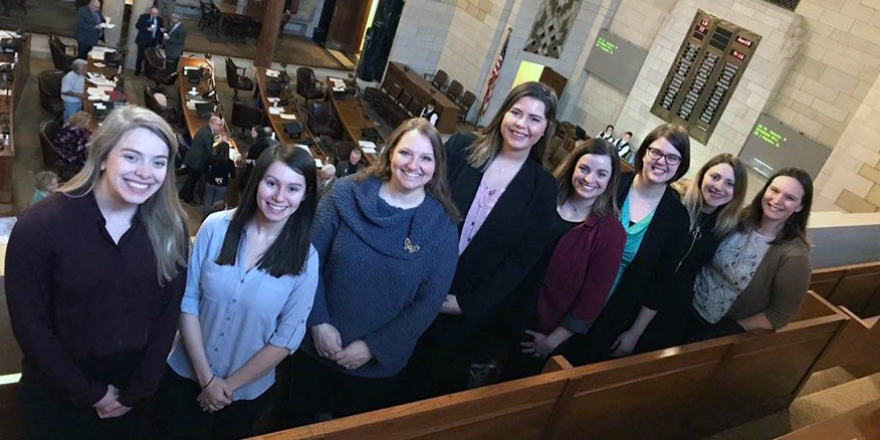
CSM visits Capitol to advocate for occupational therapy profession
OMAHA, Neb. – College of Saint Mary (CSM) student and faculty representatives got the opportunity to participate in the 2019 Nebraska Hill Day event at the state capitol on January 18th. Nebraska Hill Day is an event where occupational therapy (OT) students and practitioners can meet with their state senators and representatives to advocate the importance of OT in Nebraska and lobby senators for ways to support occupational therapists.
This is the third time CSM has attended this event as part of the Nebraska Occupational Therapy Association Policy and Advocacy Committee (NOTAPAC). The participants from CSM were joined by lobbyist Cheryl Frickel, lobbyist co-chair Emily Rumery, and professors and students from Creighton University and Methodist College.
Participating in this event was very meaningful for CSM student Emmilie Kosiba. “The purpose of the event is to make a personal connection between OT students, OT practitioners, and our senators. We got the chance to educate on how occupational therapy has an impact on issues facing Nebraska right now, such as the Medicaid expansion.”
Dr. Whitney Rubin, an OT professor at CSM, echoed Kosiba’s statement. “We met some senators who didn’t even know what occupational therapy was and were able to give them background on it. Hopefully, when they move forward with their bills, they’ll remember the connection they had with us and be able to put faces with the profession.”
The CSM participants also met personally with State Senator Sara Howard. Last year, Senator Howard introduced her priority bill in regards to opioid usage. Occupational therapy and other forms of rehabilitation that teach alternative pain management methods are key tools in fighting the opioid crisis. The group thanked her for her support of OT in her bill, which passed.
In light of the current opioid crisis, Dr. Rubin shared why occupational therapy is so important. “There are different avenues of pain management for individuals who have had surgery or need higher medication. OT comes into play with watching medication, teaching holistic pain management methods, and helping individuals make modifications to their routine to decrease pain and increase independence. We want to eliminate the overprescription and addiction component of pain management.”
Dr. Rubin herself believes in the importance of advocating politically for one’s profession. Before receiving her clinical doctorate, she worked in politics and with campaigns for a U.S. senator. Then she transitioned into professional OT work. Wanting to impact patient care, she returned to politics as a healthcare advocate and later entered academia.
“I would love to see continued representation of students at these events,” says Dr. Rubin. “Professionally speaking, it’s always important to advocate for the roles we play that pertain to current events impacting the population we serve. Our students have such a diverse background and receive such a strong education on multiple levels. It’s inspiring to see them bring their expertise to our elected officials.”
As a student, Kosiba agrees. “I openly encourage all OT students to advocate for our profession in order to provide the best care possible for our patients as well as to open job opportunities for ourselves in areas where the role of OT may not be commonly known.”
“Our profession has been around for over a hundred years,” adds Rubin. “It’s growing rapidly, so it’s important for students to be active and involved so they can carry that with them and be better advocates for themselves, their profession, and their clients.”






